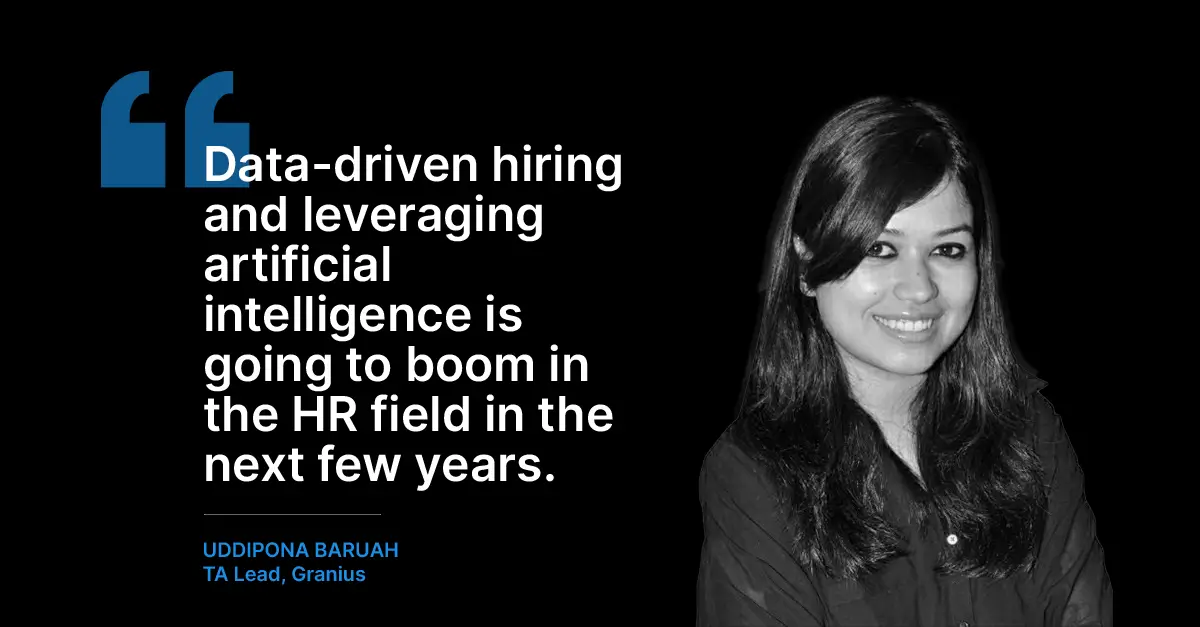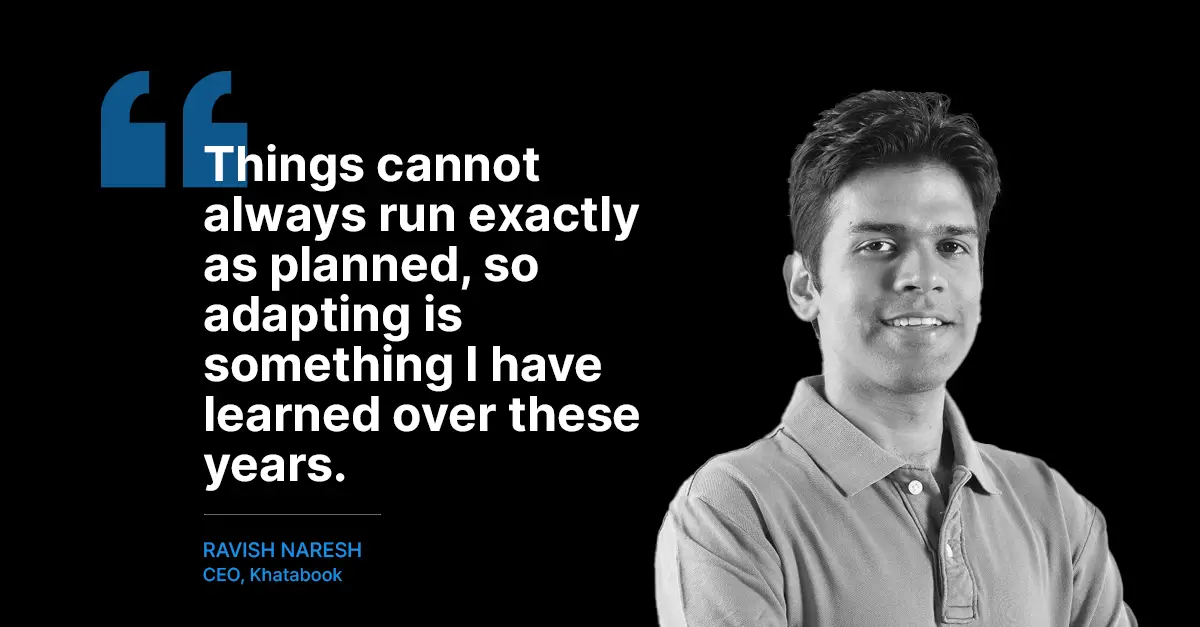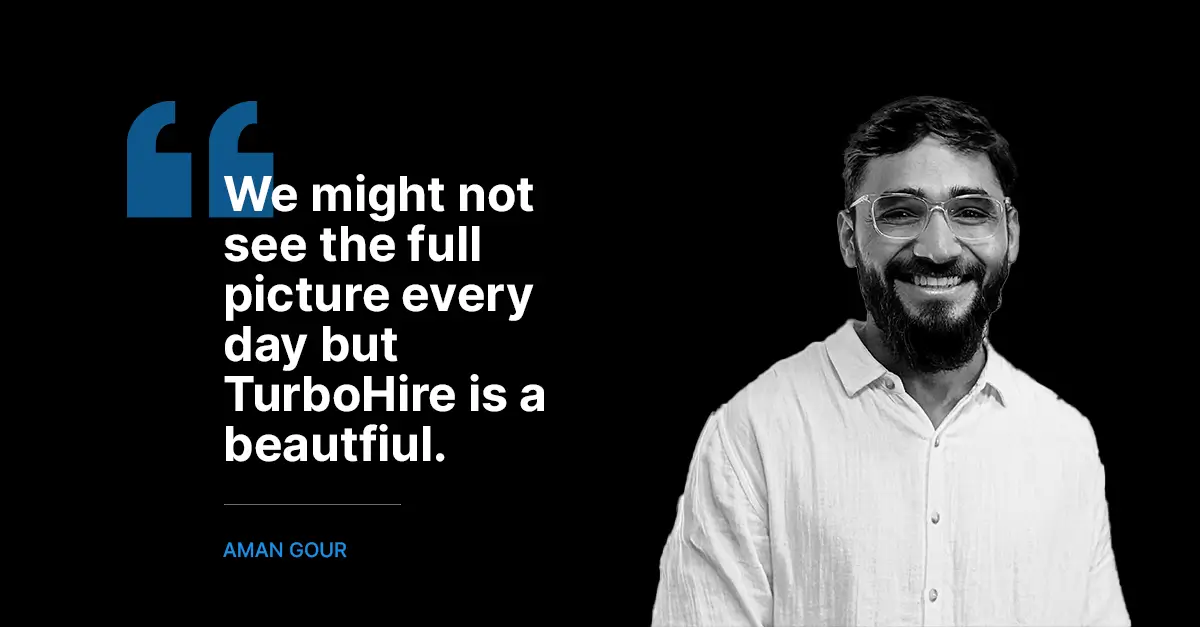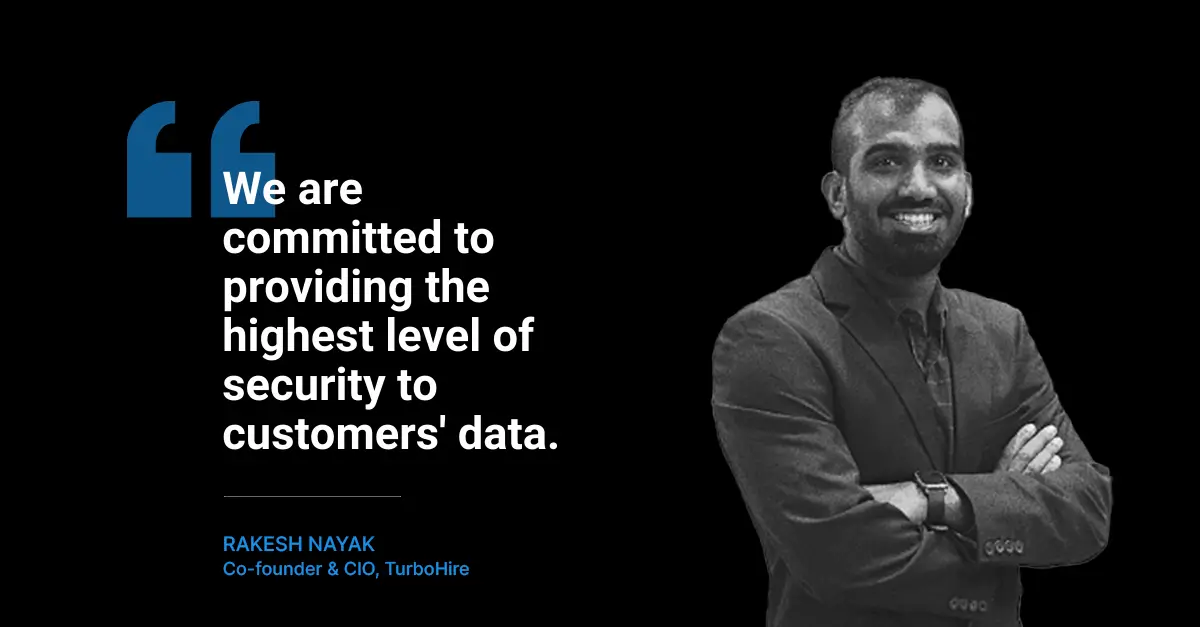What is the difference between hiring and recruiting?
At the outset, Hiring and Recruiting are used interchangeably almost everywhere, by everyone. And it sure does sound similar as well. We’re all very used to hearing these two terms in our office conversations, meetings, town halls, and even informal catch-ups along with the cafeteria.
“Hey Neha, we need to hire 10 new SDRs in our team by this quarter”, “Hey Sumanth, let’s recruit 2 new product managers as we are building another business line”, “How’s the hiring process going on for the data scientist positions, Varun”, “I hope the recruitment numbers are on track for this FY, Revathi”. These are very common snippets from our everyday conversations. So then, are these two terms even different? Why can’t we just use them based on which sounds fancier to each person’s taste? I mean, come on, what’s the harm?
There’s definitely no harm. However, how we approach this difference is exactly what would determine how an organization views talent. Let’s try to understand this a little more.
Hiring is when you employ the services of anyone or anything in exchange for wages. Do you want to get something done? Hire. Let’s see some examples. Do you want to get a nice work table built at your house to assist you during WFH times? Hire a carpenter. Do you want to visit the mall during the weekend? Hire a taxi. Do you want to get a nice little massage after a hectic week at the office? Hire a massage therapist. Do you want to build your dream house in the suburbs? Hire an architect, engineer, masons, carpenters, electricians, etc. Do you want to understand the difference between hiring and recruiting? Hire me to write a blog.
However, recruitment is not so simple and straightforward. Sure, there is work to be done and compensations to be paid. But is that all? To quote MS Dhoni, “Definitely not”. The talent who is recruited becomes an integral part of the organization while also grooming themselves to grow constantly. If there’s such a huge responsibility on the talent who is recruited, the process of recruitment must also be that much more sophisticated and well thought through.
The recruitment process starts with attracting the right kind of talent, identifying the best talents by employing effective methods of screening, understanding the business requirement and candidates’ calibre & expectations, and finally making sure they’re onboarded the right way for their role.
It’s a very subtle difference, almost unrecognizable or indifferent to HR professionals globally. And quite frankly, using these terms interchangeably makes hardly any difference. It’s all about the mindset that an organization takes toward the whole talent acquisition process. That is inevitably where an organization wins or loses the war of talent in this hyper-competitive corporate world that we all are a part of.
The hiring process starts with getting applicants for an open position and ends when the offer letter is rolled out to the candidate. There’s little attention given to understanding the role that is getting filled or to enhancing a candidate’s experience in this entire journey. And when this role-candidature fit is not achieved, the scale tends to tilt towards the unfavorable territory in terms of the quality of hire.
However, if a recruitment professional focuses on the below few aspects, it more often than not gives a successful recruit to the organization:
1. Understand the role
The hiring manager might have a position open for a sales executive, a customer success associate, a project lead, or a marketing director. However, the recruiter must not focus on the role title but on the role in its entirety. What is expected from that person in terms of capabilities, personality, attitude? What are the possible avenues for growth and development? What is the tangible and intangible compensation for the person? And so on
2. Identify the best channels for sourcing
Not every open position can be fulfilled by creating a posting on ‘N’ job boards. Candidates could come in through social media channels, employee referrals, specialized consultants, or even through one of your own existing employees
3. Engage with the potential candidates in a meaningful and timely manner
One of the unfortunate running jokes in the recruitment space is “we will get back to you”. When a recruiter actually gets back to the candidates it creates a world of difference and strengthens the brand of the employer in the job market
4. Making the interview process into a meaningful experience
Both candidates and interviewers spend a great deal of time in preparation for an interview. Hence, it becomes crucial to ensure that the process is smooth and oriented towards results. An effective interview directly reflects the effectiveness of the recruitment process
5. Reflect and analyze
One aspect which most organizations fail to do is to reflect back on the process, be it sales, recruitment, marketing, or product development, etc, and figure out what went right and what could be improved. Without reflection, it’s like running a race without knowing where or what is the finish line
It’s always wise to understand the difference between hiring and recruiting. After all, labor can be hired, but talent needs to be recruited.


















